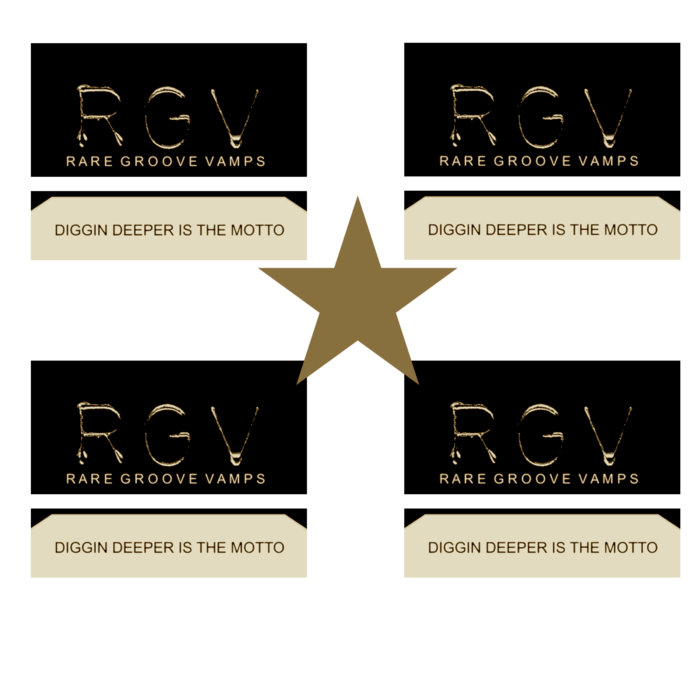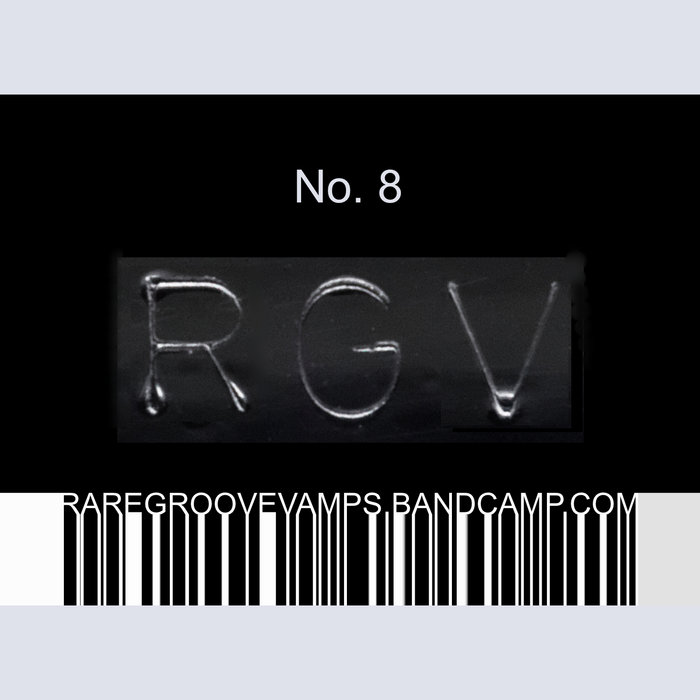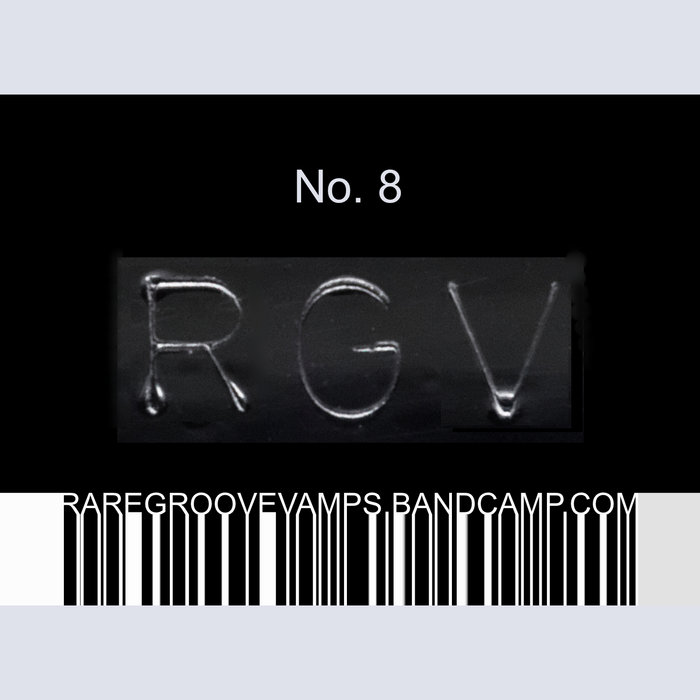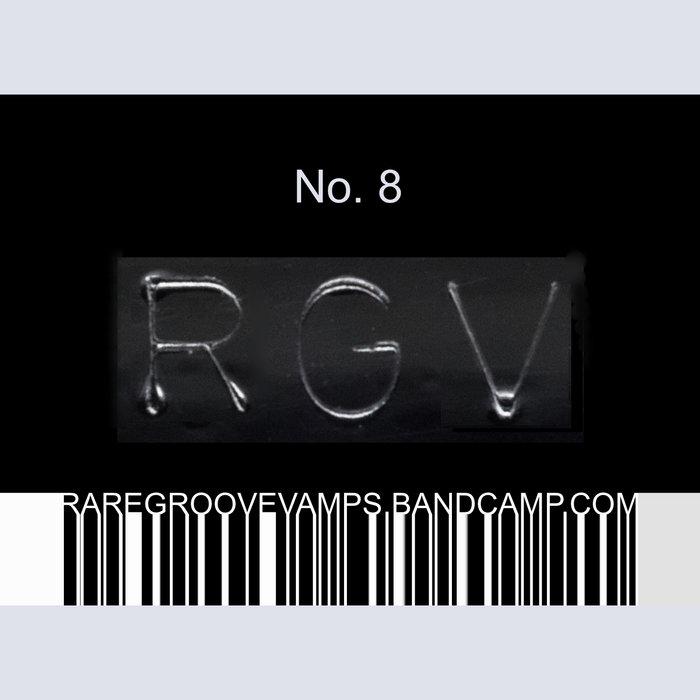
dradra luv – RARE GROOVE VAMPS
this blog is GROOVY – check out great Soul, Funk, Jazz, Hip Hop, Bass, Breaks , Reggae, House n many more TUNES
Welcome aboard the musical time machine, dear readers! We’re about to embark on a funky journey through two iconic music scenes: Exotica and the legendary Paradise Garage. Buckle up as we explore these worlds filled with lush soundscapes, groovy rhythms, and a sprinkle of amusing facts about some fascinating musicians!
Let’s kick off our adventure in the sunny realm of Exotica! Originating during the late 1950s, this genre was all about whisking listeners away to far-off tropical paradises. Think lush jungles, swaying palm trees, and sandy beaches—all captured through dreamy melodies.
The era’s kingpin? None other than Martin Denny. His 1957 album “Exotic Sounds” laid down the blueprint for what Exotica would become. With chill vibes that mingled jazz with indigenous sounds from around the globe—think bird calls mixed with smooth piano riffs—Denny had everyone believing they were sipping piña coladas under a hammock.
Another key player was Les Baxter, who dropped gems like “Ritual of the Savage”, bringing orchestral flair to tantalizing beats. He claimed his inspiration came from visiting Tiki bars where “the drinks were strong but the atmosphere stronger.” Can you imagine Martin Denny sharing a cocktail recipe alongside his bossa nova?
Bird Calls Galore!: Denny often incorporated real-life bird-watching into his performances, pulling out random animal noises between songs—perfect for those who loved feathered friends!
Tiki Culture Boom: Thanks to these exotic tunes, Tiki culture thrived in America; suddenly every backyard needed a bamboo bar and tiki torches!
Not Just Music: Some goofballs even hosted “Exotic Sound Parties,” where folks dressed in Hawaiian shirts while trying their hardest not to spill Mai Tais on their record players.
Now let’s step into another mystical realm—the hallowed halls of Paradise Garage. This New York City nightclub opened its doors in 1976 and became an epicenter for dance music lovers until it closed in 1987.
At Paradise Garage, it wasn’t just about dancing; it was all chemistry thanks to resident DJ Larry Levan. His ability to mix disco with soul—and sprinkle in bits of electronic magic—turned nights at Paradise into unforgettable experiences.
With flashing disco balls reflecting over wild dancefloors filled with vibrant energy (and more than likely glitter), Levan created sets that could make anyone feel like they were floating on air—or maybe just floating right outta reality!
Unisex Bathrooms?!: Yup! In true NYC fashion, they had no-label bathrooms which added extra spice when navigating post-party blues!
The No-Sneaker Rule: To keep things classy on those gleaming floors? Absolutely NO sneakers allowed—a fact that resulted in some hilarious shoe-switch stories among attendees.
Famous Faces Are Everywhere: Madonna graced many nights at Paradise before she hit superstardom; legend has it she once snuck onto stage pretending to be part of one unscripted performance!
While distinct genres themselves (with different vibes), Exotica laid foundational groundwork that influenced various forms evolving later into club scenes like Paradise Garage’s shining Disco House days.
As technology advanced, artists began fusing synthesized sounds reminiscent of both worlds together! When house music exploded onto dance floors everywhere—with clubs echoing typical beat patterns—it felt like classic tropic escapade blended seamlessly within pulsating remixes by DJs today.
Still searching for your groove? Listen closely—you might catch hints from Martin Denny twirling ‘round inside DJ’s beats or whispers echoing Les Baxter’s orchestra somewhere amidst electrified soundscapes spun expertly by modern talents!
Whether you find yourself soaking up sun-soaked sounds drifting through vintage vinyl records or losing yourself completely under disco lights at an underground rave party–one thing remains clear:
Both exotics from islands unknown through swinging flares towards peak driving basslines reflect eternal facets which stay eternally cool across generations yet unexplored—influencing new artists diligently til dawn fades back again…so let loose & embrace each unique rhythm ahead still ready awaiting discovery onward together waiting next journey beyond rhythmic limits diving deep throughout future tracks always yearning…
So now open your ears wide; listen closely because there are new paradises waiting just around every corner if only tuned ever so slightly deeper—you might find joy wherever happens groove along effortlessly forevermore!!
Dance hard ~ laugh much 💃🕺✨

dradra luv – RARE GROOVE VAMPS

kiss dat lady – RARE GROOVE VAMPS

here`s the way – RARE GROOVE VAMPS

holy new luv – RARE GROOVE VAMPS

hostess boss bossa – RARE GROOVE VAMPS